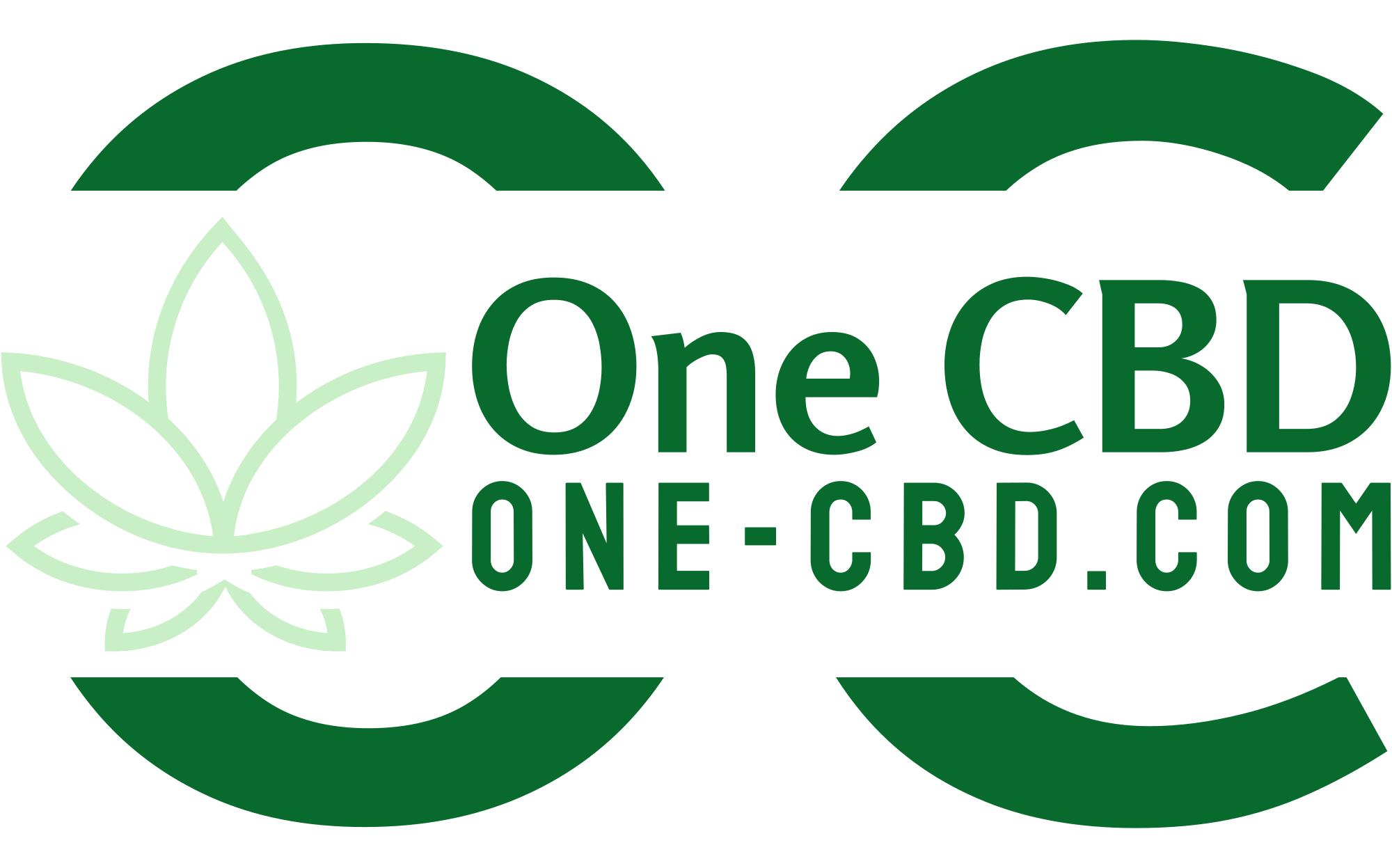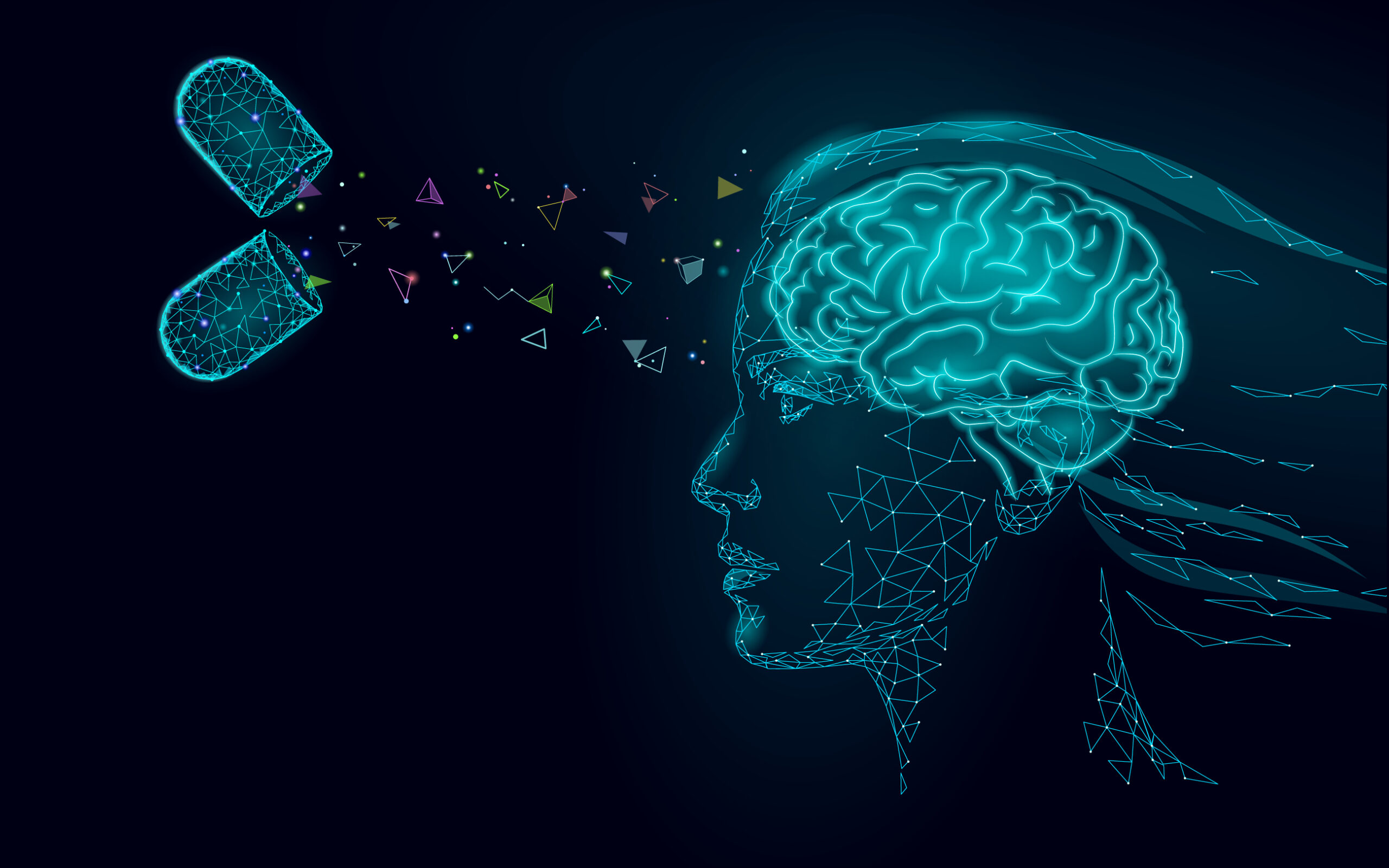Introduction
In the world of nootropics, one natural compound has been capturing the attention of cognitive enhancement enthusiasts – Ashwagandha. Ashwagandha, scientifically known as Withania somnifera, is an adaptogenic herb that has been used for centuries in traditional Ayurvedic medicine to promote overall well-being. Recently, Ashwagandha has gained popularity as a nootropic, offering potential cognitive benefits. In this comprehensive guide, we will explore the cognitive advantages of Ashwagandha nootropics, examine their mechanisms of action, discuss dosage considerations, and highlight their safety profile.
What is Ashwagandha?
Ashwagandha is a small shrub native to India, the Middle East, and parts of Africa. It is often referred to as “Indian ginseng” due to its adaptogenic properties. Ashwagandha has a long history of use for its stress-reducing and vitality-enhancing qualities.
Legal Considerations
Ashwagandha is generally regarded as safe and is not a controlled substance in most regions. However, it’s essential to use Ashwagandha as a supplement responsibly and in accordance with local regulations.
Understanding Ashwagandha as a Nootropic
Ashwagandha’s Role in Cognitive Enhancement
Ashwagandha, when used as a nootropic, is believed to offer cognitive benefits such as improved memory, enhanced focus, and reduced stress and anxiety. Its mechanisms of action involve interactions with brain function, neurotransmitters, and neuroprotective effects.
The Cognitive Benefits of Ashwagandha Nootropics
Let’s delve into the potential cognitive benefits of Ashwagandha nootropics and their applications in brain health.
Enhanced Memory and Cognitive Function
Ashwagandha has demonstrated potential in improving memory and cognitive function. By modulating brain activity and aiding in the formation of neural connections, it may help individuals retain and recall information more effectively.
Stress Reduction and Anxiety Relief
One of the primary nootropic benefits of Ashwagandha is its ability to reduce stress and anxiety. It may help individuals maintain a calm and focused mental state, which is vital for cognitive performance.
Improved Focus and Concentration
Ashwagandha nootropics can enhance focus and concentration, allowing individuals to stay engaged in tasks and maintain mental clarity. This is especially valuable for productivity and cognitive performance.
Neuroprotection and Brain Health
Ashwagandha’s antioxidant properties may provide neuroprotection by reducing oxidative stress and mitigating brain cell damage. This makes Ashwagandha a potential candidate for long-term cognitive health and disease prevention.
Potential for Cognitive Disorders
Although more research is needed, Ashwagandha nootropics are being explored as potential aids in managing cognitive disorders such as Alzheimer’s disease. Their neuroprotective effects may help slow cognitive decline.
Mechanisms of Action
Understanding how Ashwagandha may exert its cognitive benefits is essential for harnessing its potential advantages.
Adaptogenic Properties
Ashwagandha is an adaptogen, which means it helps the body adapt to stress and maintain balance. Its adaptogenic properties can aid in stress reduction and mood stabilization, which are vital for cognitive performance.
Hormone Regulation
Ashwagandha has been shown to influence hormone levels, including cortisol, a stress hormone. By regulating cortisol levels, Ashwagandha may help reduce the negative impact of stress on cognitive function.
Neurotransmitter Modulation
Ashwagandha can modulate the release and activity of neurotransmitters like acetylcholine and serotonin. These neurotransmitters are essential for memory, mood, and overall cognitive function.
Anti-Inflammatory and Antioxidant Effects
The anti-inflammatory and antioxidant properties of Ashwagandha can help protect brain cells from oxidative stress and reduce inflammation. This protection is vital for maintaining cognitive health and preventing cognitive decline.
Using Ashwagandha as a Nootropic
If you’re considering using Ashwagandha as a nootropic, it’s essential to follow specific guidelines to maximize its potential benefits.
Dosage Considerations
The optimal dosage of Ashwagandha for cognitive enhancement can vary. However, many users start with a dose of 300-500 mg of standardized Ashwagandha extract per day. Always follow the recommended dosages on the product label and consult with a healthcare professional for personalized advice.
Stacking and Timing
Ashwagandha nootropics can be taken at various times of the day, depending on your goals. Some users prefer taking it in the morning for enhanced focus and stress reduction, while others find it helpful in the evening to promote relaxation and better sleep. Ashwagandha can also be combined with other nootropics, such as L-theanine or racetams, to create customized stacks tailored to specific cognitive enhancement objectives.
Safety Considerations
Ashwagandha is generally considered safe when used at appropriate dosages. However, it’s essential to be aware of potential side effects, such as stomach upset or diarrhea, which may occur at high doses. Always consult with a healthcare professional before beginning any new supplement regimen, especially if you have underlying medical conditions or are taking medications.
Precautions and Legal Considerations
While Ashwagandha is generally considered safe, it’s crucial to consider some precautions and legal aspects
Legal Status
Ashwagandha is not a controlled substance in most regions and is available as a dietary supplement. Ensure that the Ashwagandha product you choose meets quality and safety standards.
Individual Responses
Individual responses to Ashwagandha nootropics may vary. What works well for one person may not be as effective for another. Be patient and attentive to your body’s response, and adjust your dosage or stack as needed.
Consultation with a Healthcare Professional
Before using Ashwagandha as a nootropic, especially if you have underlying health conditions or are taking medications, consult with a healthcare professional. They can provide personalized guidance and monitor your progress to ensure safety and efficacy.
Conclusion
Ashwagandha nootropics offer a compelling and natural approach to cognitive enhancement, providing potential benefits for memory, stress reduction, focus, and overall cognitive health. Whether you’re looking to boost your productivity, reduce stress, or enhance your memory, Ashwagandha may be a valuable addition to your cognitive enhancement toolkit.
As with any nootropic, individual responses to Ashwagandha may vary, so it’s essential to approach its use with an open mind and a commitment to self-experimentation. Keep an eye on the latest research findings and stay informed about the potential benefits and mechanisms of action of Ashwagandha as a nootropic. With proper dosing, guidance from healthcare professionals, and an understanding of the science behind its effects, you can leverage Ashwagandha to support your cognitive performance and overall mental well-being.
- The Comprehensive Guide to CBD Healthy Apple Pie Oatmeal Cookies - October 27, 2023
- The Comprehensive Guide to the Benefits of Vitamin C - October 27, 2023
- The Comprehensive Guide to the Benefits of Zinc - October 27, 2023

